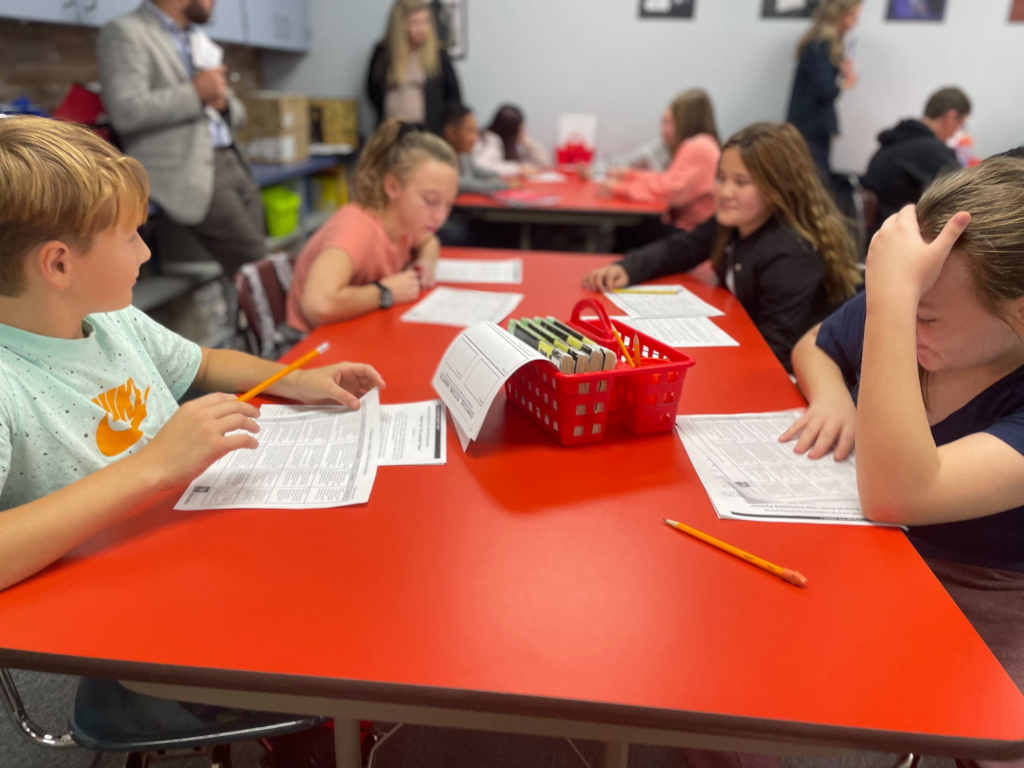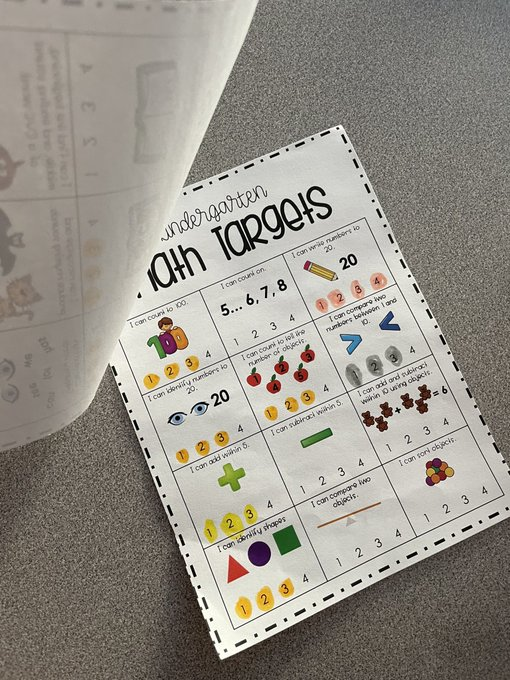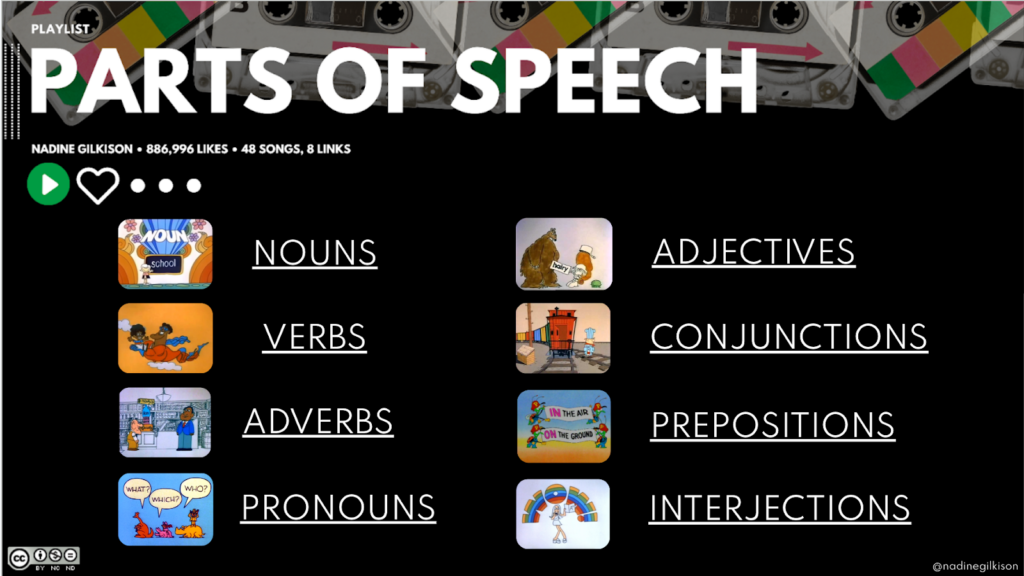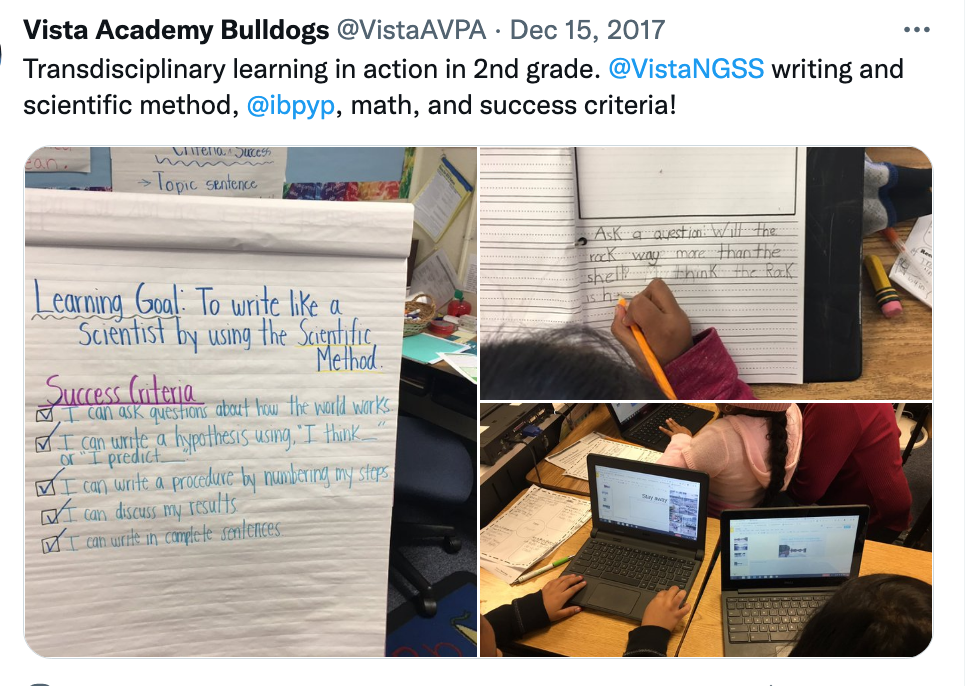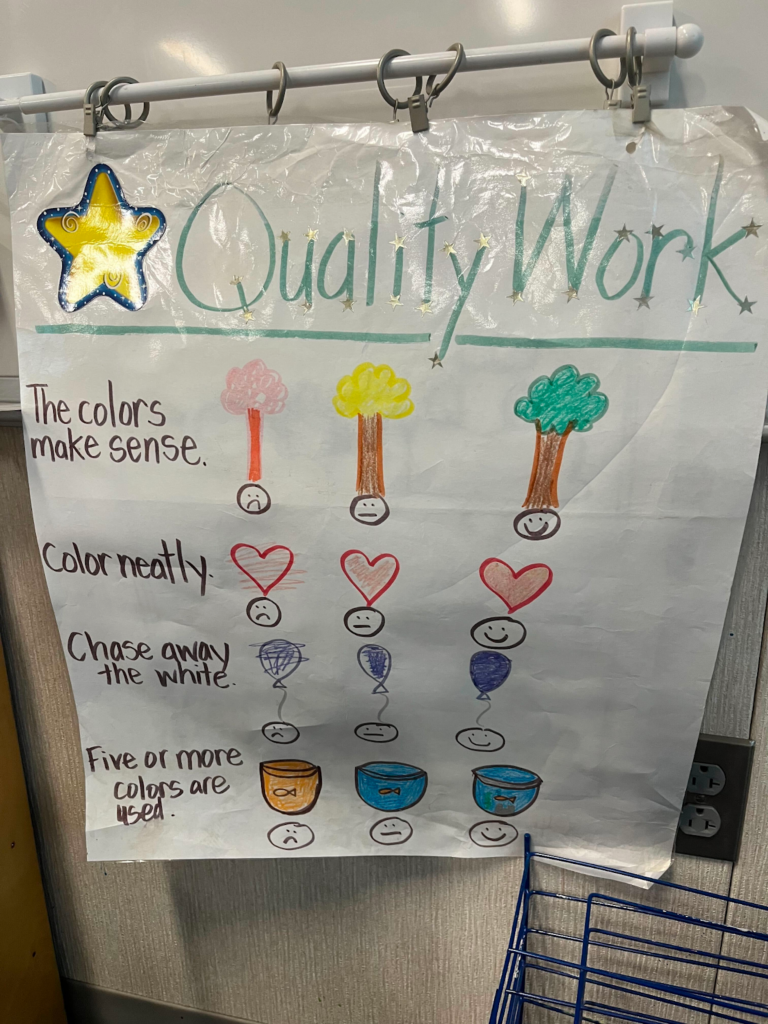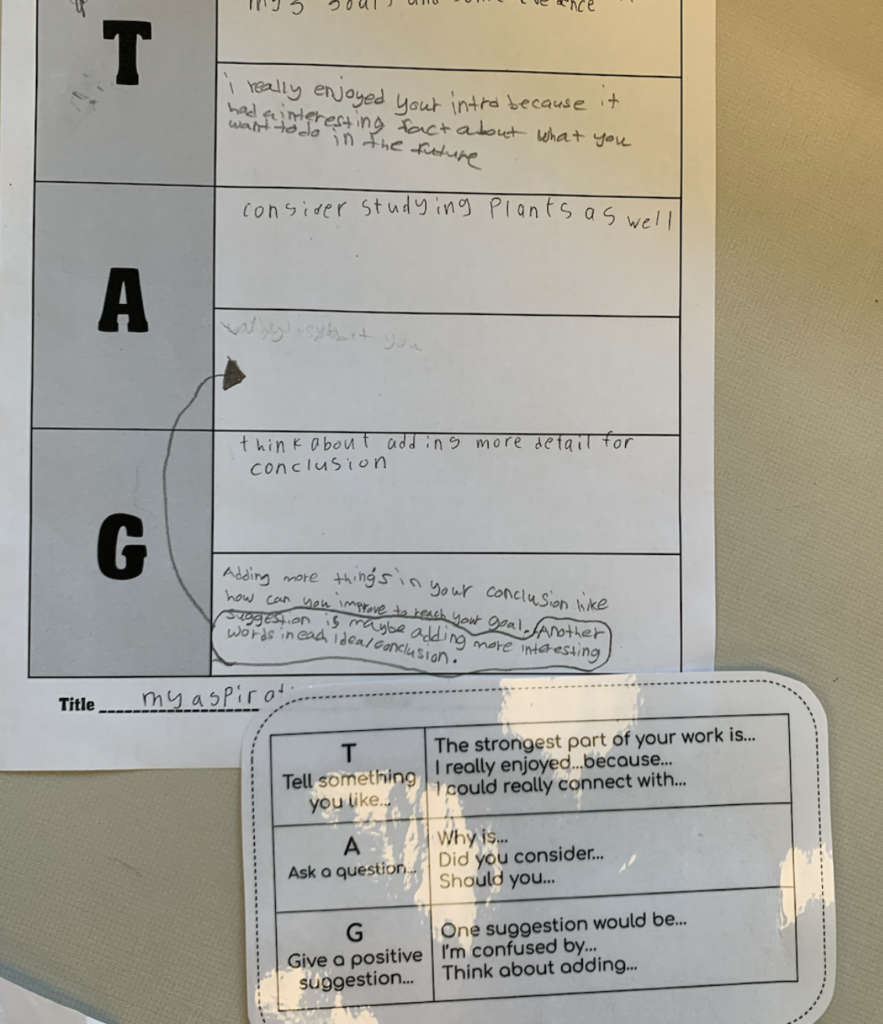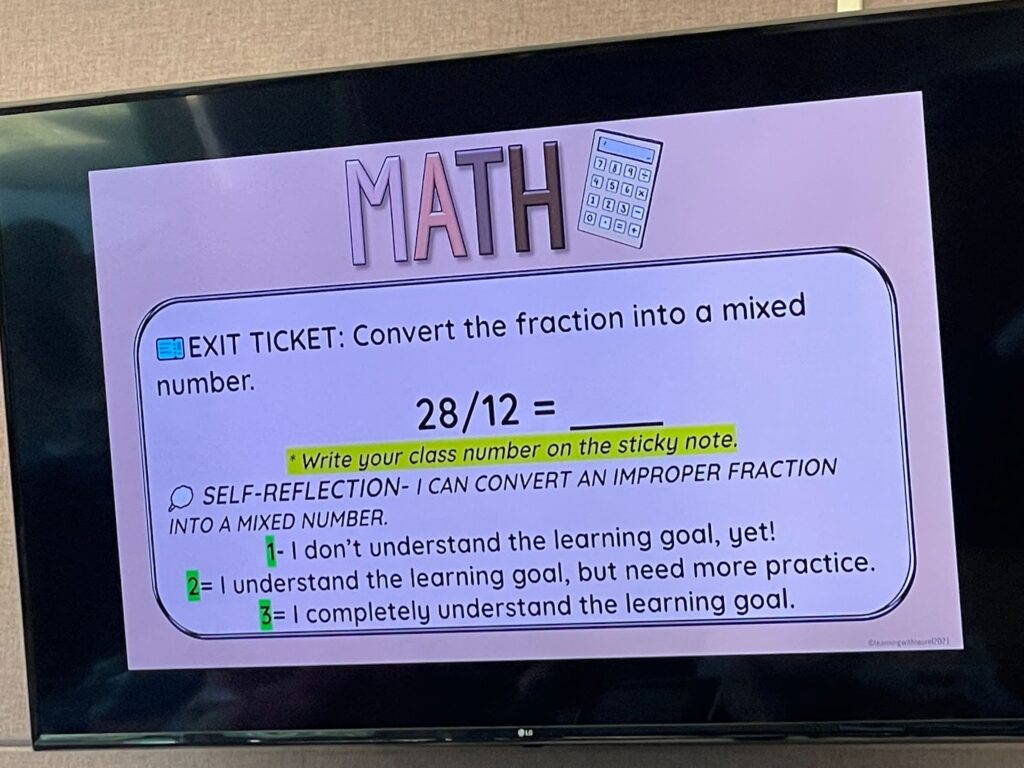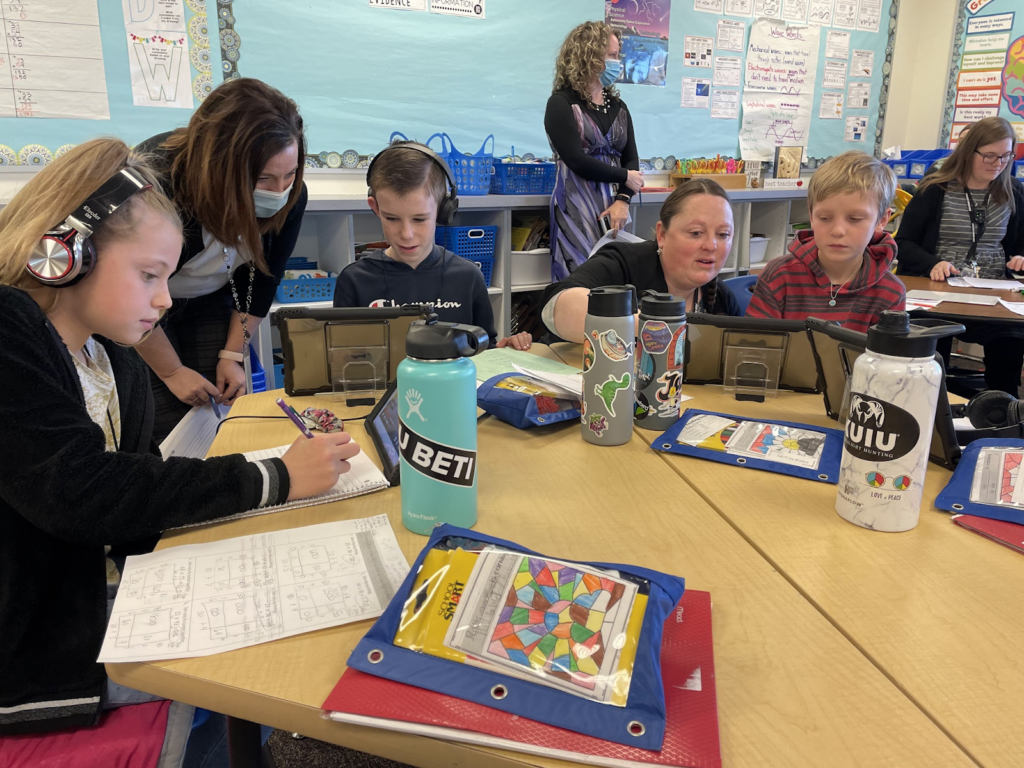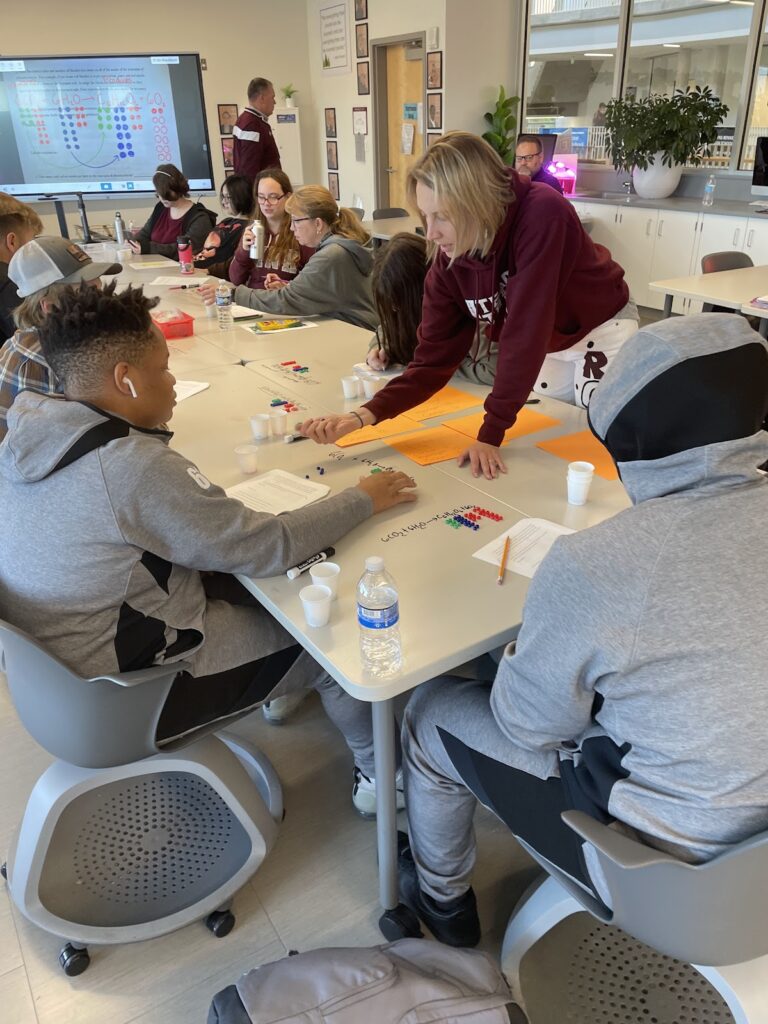Support Learner Self-Assessment
Support Learner Self-Assessment Self-assessment is empowering learners to consider where they are in their own learning by intentionally creating transparency of the learning process, and creating a safe space to make mistakes. Self-assessment is often supported by a rubric or other criteria for mastery as well as providing options for communicating needs throughout the…
Data Trackers
Use Data Trackers When learners track their own progress, assessment for learning (formative assessment) quickly becomes assessment as learning. Learners figure out where they are in their learning and how they learn best, which is powerful. Ideally, learners track their proficiency in specific skills, standards, or competencies – this can be done on paper or digitally. Be…
Create Playlists for Learners
Create Playlists for Learners A learning playlist is a sequence of resources and activities designed for students to work through at their own pace in order to achieve the desired learning objectives. Playlists can be used to structure an entire class or just a lesson or unit. Playlists scaffold learners from an introduction to…
Co-Create Rubrics with Learners
Co-Create Success Criteria Co-creating rubrics with learners ensures that you clearly share the desired learning outcomes for a learning experience and gives learners ownership over their learning. It not only creates clarity of expectations for the educator but more importantly for the learner who was part of the creation process. Through the process of…
Encourage Retakes & Test Corrections
Encourage Retakes & Test Corrections Encouraging retakes and test corrections provides learners with an opportunity to identify their mistakes, review their work, revisit the content, address misconceptions, and correct their answers. This practice not only helps students improve their grades but also ensures they understand key concepts. Additionally, it builds confidence, motivates continuous learning,…
Provide Peer Feedback Protocols
Provide Peer Feedback Protocols Introduce feedback protocols to students that provide a structure for giving high-quality peer feedback. Example protocols include: Warm & cool feedback 2 stars and 1 wish 1 glow and 1 grow I like, I wish, I wonder Bright Spots Gain inspiration from authentic examples of this strategy shared by teachers…
Using Exit Tickets
Exit Tickets Formative assessment is meant to provide information during the learning process. Exit tickets are a way to know if learners “caught what you taught” by simply asking them a question or two before they leave the class or end a lesson. Ensure that the formative assessments are given with time for you…
Station Rotation
Design Station Rotations Station rotation empowers learners to rotate through different stations or learning activities, each designed to meet their individual needs and learning styles. Ideally, stations include a variety of learning settings: independent, collaborative, and teacher-led (responsive and tailored to the strengths and needs of the group). Learners can rotate through stations in…
Conferencing as an Assessment
Conferencing as a Method of Assessment Teacher-student conferencing is a one-on-one conversation between a teacher and a learner to discuss the learner’s learning progress. It allows teachers and learners to gather information about what learners know and understand, what they are struggling with, and what they need to work on. This information can then…
